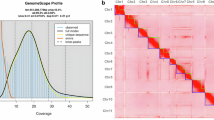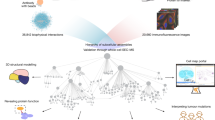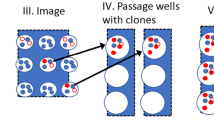Abstract
The XML-based Systems Biology Markup Language (SBML) is the de facto standard file format for the storage and exchange of biochemical network models, and is supported by more than 180 software packages to date. Much of this success is due to SBML's clearly defined specifications and the availability of libSBML, a portable, robust and easy-to-use library.LibSBML provides many methods for manipulating and validating SBML files through its Application Programming Interface (API). Originally written in C and C++, libSBML also provides automatically-generated language bindings for Java, MATLAB, Perl, Python, and many more. However, the platform independence of Java is compromised in libSBML due to the fact that the language binding is a wrapper around the C/C++ core. The real-world experiences of many software developers has been that the deployment of portable libSBML-based Java applications is difficult. Further, the libSBML API and type hierarchy are not sufficiently intuitive from a Java programmer's perspective simply because they were not designed directly for Java.For these reasons, several groups in the SBML community have mounted an open-source effort to develop a pure Java library for SBML. Here we present the JSBML project, whose products are freely available at the website "http://jsbml.sourceforge.net/":http://jsbml.sourceforge.net/. The JSBML project's aim is to provide an SBML parser and programming library that maps all SBML elements to a flexible and extended type hierarchy. Where possible, JSBML strives to attain 100% API compatibility with the libSBML Java API, to facilitate a switch from one library to the other for those who desire it.Currently, JSBML supports all constructs for SBML up to the latest Level 3 Version 1 release candidate specification, including an API to add SBML extensions. There are no plans to re-implement some of the more complex functions of libSBML, since separate community efforts are expected to make them available to JSBML via web services. These more complex functions include model consistency checking, SBML validation, and the conversion between different SBML Levels and Versions.In summary, JSBML is a young, ongoing software project that provides comprehensive and entirely Java-based data structures to read, write, and manipulate SBML files. Its layered architecture allows for the creation of Java web start applications and CellDesigner plug-ins based on stand-alone programs with very little effort. One program, SBMLsqueezer 1.3, has already been re-implemented and released using JSBML, and many others are planned.



